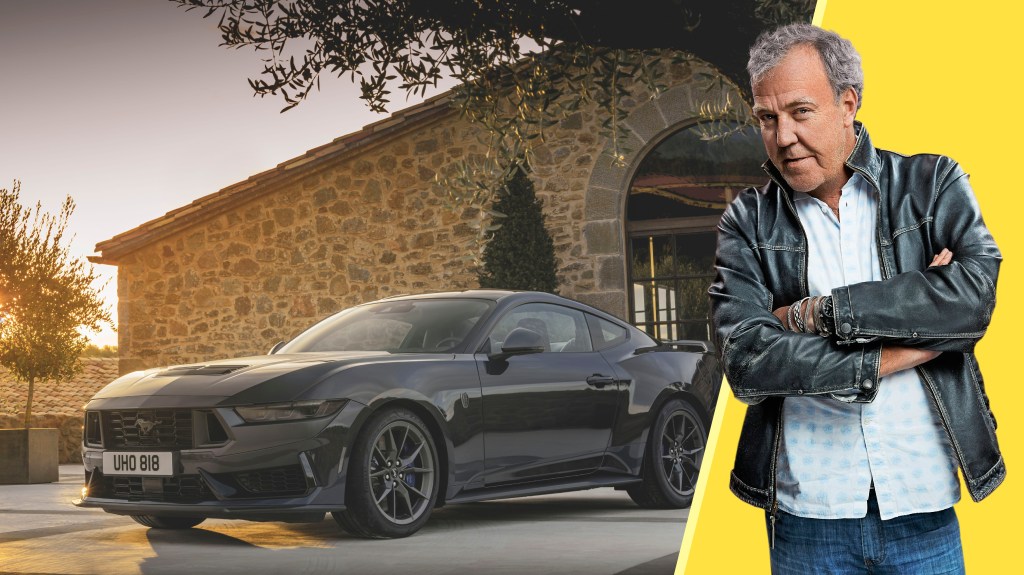Rethinking Car Ownership: Why I’m Opting for Financing Next Time
Two years back, I purchased a Nissan Qashqai, a decision I cherished initially. The vehicle came equipped with cameras for assistance in parking, ample space for my children’s bikes, scooters, and oversized teddy bears, and it was new enough to avoid major issues—or so I believed.
However, over the course of 730 days, I encountered significant challenges: I had to replace all four tyres, the battery, the wipers, and even had the engine painstakingly stripped and repaired.
From being a complete novice about car mechanics, I’ve transformed into someone with substantial knowledge about valve failures and cylinder compression problems, all while forming a close friendship with my mechanic.
What a letdown! I never sought anything extravagant; I merely wished for a reliable vehicle to transport my children.
I’m not alone in my automotive struggles. Insurance payouts in the car sector reached £3.2 billion in the first quarter of this year, marking the highest amount since the Association of British Insurers began tracking this data in 2013.
The increasing repair costs are a key factor, totaling £2.1 billion from January to March alone. For the entirety of 2024, insurers are expected to face repair costs of £7.7 billion, a rise from £4.7 billion in 2022. This surge in expenses stems from pricier parts and labor, alongside the reality that modern vehicles are designed with complexity that hinders longevity and ease of repair.
Take wing mirrors, for example—they now incorporate actuators, motors, lights, signals, and sensors for enhanced safety and convenience. This pattern of increased technological sophistication permeates all vehicle components, elevating both performance and repair costs.
The pandemic has further complicated matters. Global manufacturing restrictions led to numerous car companies producing vehicles lacking certain features due to parts shortages.
Owning a frequently malfunctioning car is an expensive endeavor, even with insurance coverage for a portion of the costs.
For me, despite having a specialized insurance plan for repairs, my engine failure set me back over £1,000 when including non-covered expenses. Welcome to the realities of car ownership!
This has fueled a surge in the car finance industry, which allows consumers to effectively rent vehicles for a limited duration. Reports indicate that around 240,000 new and used cars were financed in March, reflecting an 11% increase compared to the same month last year, marking the highest growth since February 2022.
The most favored option for new cars is the personal contract purchase (PCP) plan. Repayments tend to be manageable since you typically only pay interest on the loan and depreciation of the vehicle’s value. Some lenders offer interest-free deals as well. At the conclusion of the term, you can choose to make a ‘balloon payment’ based on the car’s value to own it outright, or more commonly, return it and utilize any accrued equity for a new vehicle.
Furthermore, since you are acquiring a new vehicle, it remains under warranty for around three years, corresponding with the duration of most finance agreements, meaning potential engine failures become the manufacturer’s concern.
Leasing works similarly—if issues arise, you can simply return the vehicle to the manufacturer. (Do note, insurance, breakdown cover, and MoT tests remain the driver’s responsibility.) Car finance may also emerge as a cheaper option compared to personal loans, with the average financing rate for a new car at 5.4%, as opposed to 8.3% for a £25,000 personal loan from a bank.
Some may argue that you don’t maintain ownership of the car, claiming it’s akin to wasting money—unless of course, you decide to pay the balloon payment at the end of a PCP agreement, a route many avoid.
However, is car ownership truly significant? Similar to renting a house, responsibility for repairs like a broken boiler falls to the landlord, not the tenant. While it can be argued that home ownership represents a sound investment with potential for long-term appreciation, the same cannot be said for vehicles.
Historically, I’ve championed outright purchases, yet my recent steep bill for maintaining my vehicle has swayed my decision.
With high depreciation rates and mounting repair costs, I’ve decided that next time, I’ll pursue car financing.
What’s your perspective? Do you believe purchasing a car outright is the better option? Share your thoughts in the comments below.




Post Comment